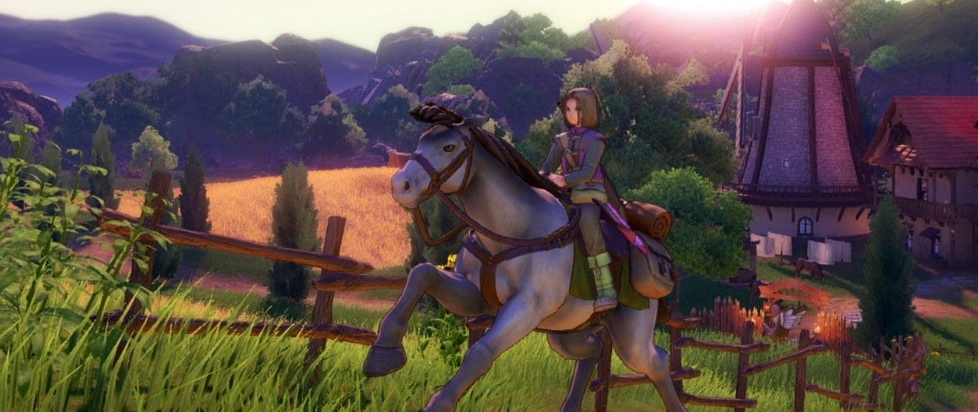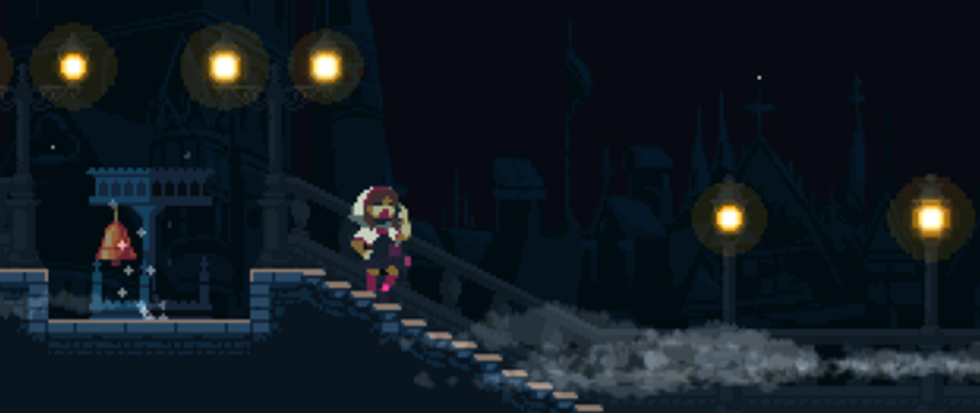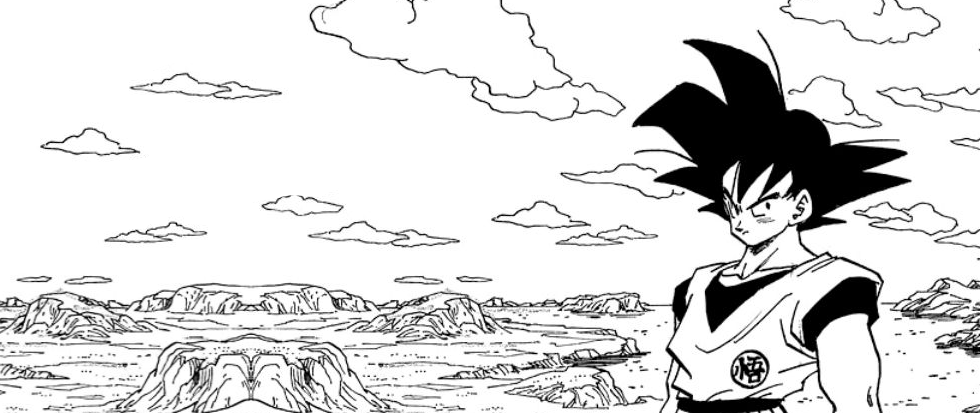
Let the Hero Speak
The molten nickel core of the mainline Dragon Quest series hasn’t evolved too much in its thirty-plus years—Akira Toriyama’s slimes always slurp up as first blood to the player’s ubiquitous sword, who explores a world stuffed with towns and one-track minded inhabitants. Grind, get to spelunking a dungeon, take down a boss, move on, buy better stuff, lather, etc. The parties have grown, at least one dimension has been added visually, the narratives have stretched out, but the foundation is locked in and leak proof. Throughout it all though, from the very beginning through the current entry Dragon Quest XI: Echoes of an Elusive Age, you are meant to think of yourself as the main character, to take on his (pretty much always his) burden and play the role.
To better facilitate your adoption of this position, the main character is silent. What you feel in reaction to the twists and turns, betrayals and alliances, crushing defeats and thrilling victories (scripted and per your own miscalculations) is a proxy for this main character, whom you name, and who often summarizes events in your stead, and for whom, it is presumed, you speak out loud when playing the game. The idea is that the player fully embodies this turn on the fantastic stage.
This setup isn’t working anymore, if it ever did, and you can feel the creaks in DQXI as it tries to keep up the facade while still providing a lush world and entertaining videogame product. Though I have yet to finish the game, most of the gang has arrived and we’re out and about solving the world’s problems. I presume that there are dozens more hours where anything could happen, and from what I hear some of the zaniest scenarios emerge once the final curtain has dropped. And while I am very much enjoying the game as it taps into so much of what I loved when plopped in front of the CRT TV for hours throughout the 90’s, the lack of an actually dynamic protagonist serves only to sever my engagement from the story rather than immersing me within it.
Not that Dragon Quest has ever been mistaken for Ursula K. Le Guin heights of richness, which is also fine—this game doesn’t need to reinvent the genre with every swing. But it does itself a deep disservice, particularly early on, by crafting even a barebones backstory built on a childhood friendship and adoptive mother in the village where the hero ends up after escaping attempted infanticide by rampaging monsters, and then swiftly annihilating the village and all its inhabitants with nary a remark from the main character about it.
While exploring the ruins of your hometown, a vision from the tree of life does deliver some real fourth-wall breaking engagement—you visit yourself as a child, who does indeed speak and helps you find your way to the man who found you in the river and raised you along with his daughter. It’s cute, and does more with a few childishly innocent lines to build up the protagonist as an actual character than anything that happens in the following hours. You return to the present, look meaningfully at a magical branch, and never appear to think of your childhood best friend or adoptive mother ever again as you skip over the rubble.
Rather than leaving me to feel the protagonist’s presumed emotional distress at losing the only place he’s ever really known, I seem to be guiding a soulless automaton serving his destiny as the Luminary and nothing more. That may change to some degree but only by single digits I gather—with most of the main party assembled, it can’t help but feel that the team cares more about him as an emissary of the tree god than him as a person, and vice versa as your character just sort of lets these weirdos hop onto the adventure train without nary a peep.
I fully expect this narrative to plow through big bads, shift the minds of presumed villains and heroes, show me dramatic spectacles and incredible sights. And through it all the hero will maybe gasp slightly, standing stoic and silent, allowing me to… soliloquize in my own head? By barely existing in his own narrative, the supposition that I as the player am filling the role of the character bears no weight, as I am not interacting with other people as I might be in a paper role-playing game. My thoughts do not play out on screen, my party mates do not respond to my questions or allay my fears or comfort me at my loss. They do talk at me a lot, but as it’s a one-sided exchange with no interpersonal heft, just a lot of sworn fealty and helpful opining.
Fiction finds common ground by showing us the ubiquity of life’s specificities—I may not have lost my hometown, but I can relate to the loss of loved ones. By fleshing out the main character I might have been more immersed in this otherwise robust world by identifying those individual traits that resonate, engaging in more of a de facto dialogue with the prose. Instead it’s like I’m watching someone else play with a box of toys, seemingly open to my imaginative input but staring back blankly if I dare speak up.
Japanese role-playing games like Dragon Quest XI have a decades-long bedrock of tradition to stand on, but so far as the trope of the mute protagonist feels like leaning on a rickety crutch. It comes so close to soaring beyond its own trappings, but this misguided notion of the blank canvas that the player is meant to paint has dried up completely.





